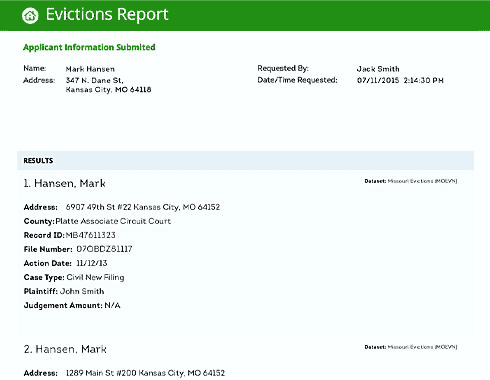

Target audience: Nonprofits, social enterprises, NGOs, foundations, cause organizations, Web publishers, small businesses.Īs regular readers know, I’ve been a longtime proponent of visual storytelling to advance the missions of nonprofits, cause organizations and businesses. Check out the link below to see how much deposit you are liable to pay in your city.How to convey a powerful message with videos & photos However, just like the rent charges, the rate of the security deposit is determined by the state laws.
#Rent and failure of visual storytelling how to#
You may also like: Shifting to a New City? Here’s How to Register Your Vehicle in a Different State!Īccording to the Draft Model Tenancy, it is unlawful to charge a security deposit which is over three times the monthly rent. Please refer to the links below to check this. However, the set percentage of this market value that can be charged as rent changes according to the state of residence. The chargeable rent is usually determined by the total value of the building consisting of the market value for a portion of the land, cost of construction and value of amenities. If the rent is revised, the landowner must inform the tenants three months in advance. In the case of a new tenancy, the landowner and the tenant have to agree upon the payable rent as stated on the written agreement. You may also like: Knowledge is Power: 5 Crucial Consumer Rights Every Indian Should be Aware of In the case that none of these successors lived with the tenant, the lease ceases immediately. This is lawful only if the successors were living with (or in cases of non-residential tenancy, working in the premises) along with the deceased tenant. Daughter in law (who is the widow of a predeceased son) If the tenant passes away, the right of tenancy for the remaining time period (according to the rental agreement) goes to his/her successor in the following order:

If the tenants fail to do so within the specified time, the landowner is entitled to double the monthly rent as compensation. In addition to this, if the tenants have parted ways with the property (for an extended period of time) without a written notice or if they are encroaching upon additional property or misusing it (so as to cause public nuisance, for illegal activities) or damaging it, they can be lawfully asked to evacuate the premises. They can also approach the local Rent Authority to act upon the matter. If the price of maintenance crosses 50% of the agreed rent, the house is considered to be’uninhabitable.’ If the owner refuses to act upon it, the tenant(s) have the right to vacate their premises with a 15-day written notice to the lessor. In the case that the tenants refuse to pay for the repairs, the amount can be deducted from their security deposit and if the owners refuse to pay, the amount can be deducted from the periodic rent. For example, as a tenant, you cannot pull down a wall, or as the owner, you cannot renovate the premises unless agreed upon by both parties. However, it is not advised to not pay the rent if the agreement is still in process because the owner can ask you to evacuate on the grounds of non-payment of dues.Īpart from the normal wear and tear, both parties-the tenants and the owners-are jointly responsible for the maintenance of the property, unless the agreement specifies different conditions. Since the rent rates and such other details vary in each state, here are the guidelines you can follow, as mandated by the Ministry of Housing and Urban Affairs.Īt the end of this article, we have also provided links to the urban rental laws for the states of Maharashtra, Delhi, West Bengal, Tamil Nadu and Karnataka, which have some of the busiest cities in India. This law is determined by the state government but is formed on the foundation of certain rights that tenants and landowners enjoy.īefore you rent a property (either as an owner or as a tenant), you must look out for certain points that guarantee you a safe transaction. The Government of India passed the Rent Control Act with the motive of controlling rent charges as well as to safeguard the tenants’ rights in terms of unauthorised eviction.

What facilities should I expect when I shift in my new house? What rights do I have as a tenant and what are my obligations?Ĭan I be evacuated without proper notice? And that got me thinking-we can’t predict the personalities that we deal with during this process, but how does the law protect tenants and the landlord/lady?


 0 kommentar(er)
0 kommentar(er)
